Can CNC milling aluminum produce parts with complex shapes?
Aluminum milling has become an indispensable component in modern manufacturing. With the increasing demand for precision and complex structures in industries such as 3C electronics, aerospace, automotive parts, and medical devices, the question of "Can CNC milled aluminum produce parts with complex shapes?" has become a concern for many companies and customers. This article will delve into aluminum's characteristics, CNC milling technology, process advantages, application cases, and limitations, providing a comprehensive understanding of the capabilities of CNC milled aluminum for complex part processing.
1. Aluminum Characteristics and Processing Suitability
Aluminum and its alloys are widely used in industrial manufacturing due to their light weight, excellent thermal conductivity, strong corrosion resistance, and excellent machinability. For the machining of complex parts, the following properties of aluminum are particularly important:
Good machinability: Aluminum's low hardness results in low cutting resistance and minimal tool wear, making it easy to machine complex geometries.
High plasticity and ductility: Aluminum's high plasticity allows for a variety of structural designs to be formed during milling, meeting the demands of complex part manufacturing. Excellent Surface Finish: High-speed CNC milling can achieve a high surface finish on aluminum, reducing the need for subsequent polishing.
Wide Applications: From lightweight automotive parts to high-precision electronic housings, aluminum milling can cover nearly every application scenario for complex parts.
Therefore, aluminum is inherently well-suited for complex part processing.
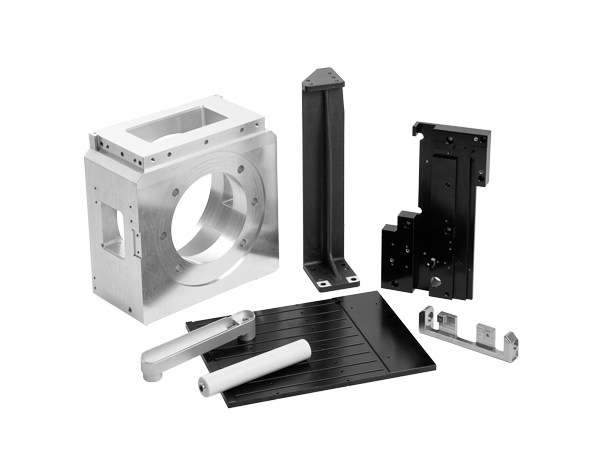
2. Capabilities of CNC Milling Technology
CNC milling of aluminum is mostly performed using CNC milling machines. Compared to traditional machining methods, CNC milling offers significant advantages in machining complex parts:
Multi-axis machining: Traditional three-axis milling machines are limited to simple flat cutting, while modern five- and even six-axis CNC milling machines enable continuous cutting at multiple angles and in multiple directions, allowing the creation of complex curved surfaces and special-shaped structures.
High-Precision Control: CNC systems can achieve micron-level precision control, ensuring consistent dimensions, tolerances, and shapes for complex parts.
High Repeatability: For complex parts produced in batches, CNC milling ensures high consistency from one machining step to the next, eliminating human error. High degree of automation: Programmed control reduces manual intervention, enabling precise machining of even complex parts through CAD/CAM programming.
A wide variety of machining capabilities are available, including complex grooves, arcs, curved surfaces, spiral grooves, cavities, and internal and external contours.
This makes CNC milled aluminum suitable not only for conventional part machining but also for the production of parts with complex geometries.
3. Typical Applications of Complex Shaped Parts
To more intuitively understand the role of CNC milled aluminum in complex part machining, let's analyze several typical industry cases:
Aerospace: Aircraft structural parts, engine blades, support frames, and other parts have complex shapes and require extremely high strength and precision. CNC milled aluminum utilizes five-axis machining technology to achieve high-precision production of large, complex parts.
Automotive: Transmission housings, engine components, and lightweight structural parts in automobiles often have complex internal cavities and shapes. CNC aluminum milling can reduce weight while maintaining strength, contributing to vehicle lightweighting.
3C Electronics: Mobile phone and laptop casings and internal cooling components often feature intricate designs and complex curves. CNC milled aluminum can achieve high-gloss surfaces and high-precision exterior finishes.
Medical Devices: Medical device parts such as surgical tools and implants often involve complex structures and stringent tolerances. CNC milled aluminum demonstrates exceptional precision and consistency in these applications.
Mold Manufacturing: Complex mold cavities and curved surfaces require high-precision milling, and aluminum, as a mold prototype material, offers higher processing efficiency.
These application cases fully demonstrate that CNC milled aluminum is fully capable of manufacturing complex parts.
4. Advantages of CNC Milled Aluminum for Complex Parts
High Design Freedom: Utilizing CAD/CAM programming and multi-axis machining technology, parts can be manufactured to virtually any design shape.
Precision and Consistency: CNC milling can consistently achieve machining accuracies of ±0.01mm or higher, ensuring the reliability of complex parts.
Shortened Development Cycles: Complex parts can be rapidly prototyped and produced in small batches, significantly reducing product development and time to market.
Suitable for Customization: For personalized, non-standard parts, CNC milled aluminum offers the flexibility to meet customer requirements. High Processing Efficiency: High-speed cutting technology combined with integrated multi-processing significantly improves the efficiency of machining complex parts.
5. How to Choose the Right Aluminum Milling Service Provider?
Selecting a reliable CNC aluminum milling supplier is crucial for successfully completing complex part machining. Companies should focus on the following points when selecting:
Equipment Capabilities: Whether the supplier possesses five-axis or multi-axis CNC milling machines to meet the machining needs of complex structures.
Engineer Experience: Whether the supplier possesses extensive programming and process experience, enabling them to optimize machining paths and achieve precision control.
Quality Inspection System: Whether the supplier is equipped with equipment such as a three-dimensional coordinate measuring machine and surface roughness testing to ensure the quality of complex parts.
Delivery Time and Service: Whether the supplier can provide reasonable delivery time and after-sales service while ensuring accuracy.
Customer Case Studies and Reputation: Check for successful complex part machining cases and refer to customer reviews to determine reliability.
Overall, CNC aluminum milling is fully capable of machining parts with complex shapes. Thanks to aluminum's excellent machining properties and the high precision and multi-axis capabilities of modern CNC milling technology, CNC milled aluminum has been widely used in the manufacture of complex parts in a variety of fields, including aerospace, automotive, electronics, and medical.
For businesses, choosing a CNC milled aluminum supplier with advanced equipment and extensive experience not only ensures the machining accuracy and efficiency of complex parts, but also gives them a head start in product development and mass production.
As a professional aluminum milling service company, Xinbanghui boasts advanced five-axis CNC milling machines and a comprehensive engineering team, enabling them to efficiently handle a wide range of complex part machining needs. With extensive experience in a variety of industries, including aerospace, automotive parts, consumer electronics, and medical devices, Xinbanghui not only manufactures high-precision, custom-shaped structures and curved parts, but also offers one-stop solutions from design optimization and rapid prototyping to mass production. With a rigorous quality inspection system and comprehensive delivery capabilities, Xinbanghui provides clients with reliable, stable, and cost-effective aluminum milling services, making it a trusted long-term partner for numerous businesses.
Hot Product
Hot Product
-
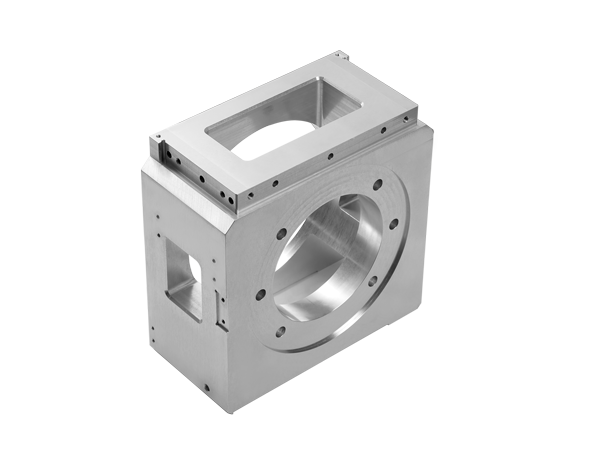 Bearing flange for medical equipmentRead moreBearing flange for medical equipment
Bearing flange for medical equipmentRead moreBearing flange for medical equipment -
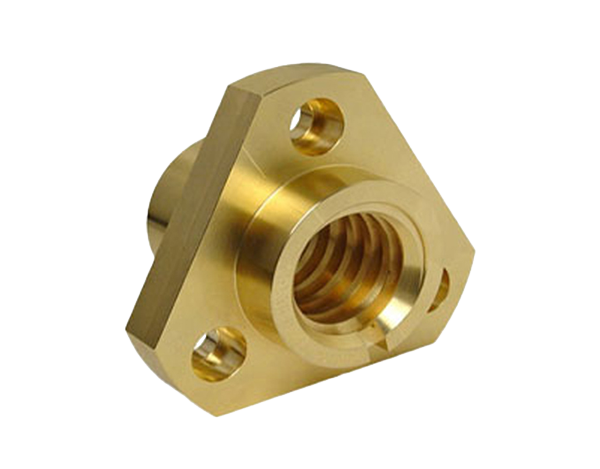 Turning and milling composite precision brass rod sleeveRead moreTurning and milling composite precision brass rod sleeve
Turning and milling composite precision brass rod sleeveRead moreTurning and milling composite precision brass rod sleeve -
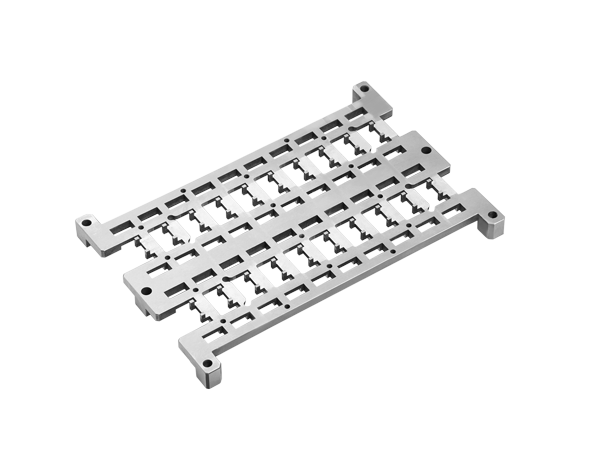 Precision milling of joint product toolingRead morePrecision milling of joint product tooling
Precision milling of joint product toolingRead morePrecision milling of joint product tooling -
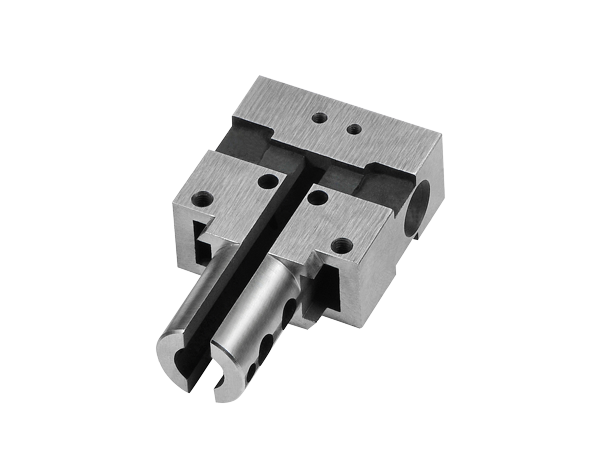 Automation equipment precision stainless steel suction nozzleRead moreAutomation equipment precision stainless steel suction nozzle
Automation equipment precision stainless steel suction nozzleRead moreAutomation equipment precision stainless steel suction nozzle -
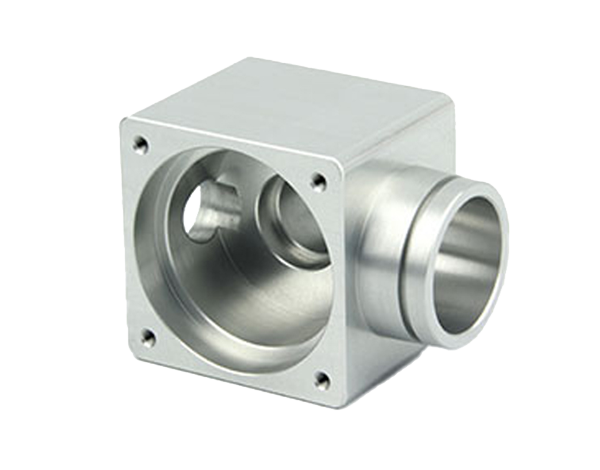 CNC titanium alloy precision square parts processingRead moreCNC titanium alloy precision square parts processing
CNC titanium alloy precision square parts processingRead moreCNC titanium alloy precision square parts processing -
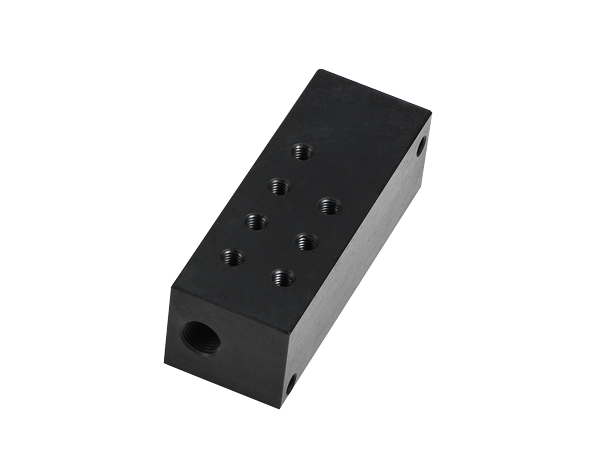 Medical device connector bracketRead moreMedical device connector bracket
Medical device connector bracketRead moreMedical device connector bracket
